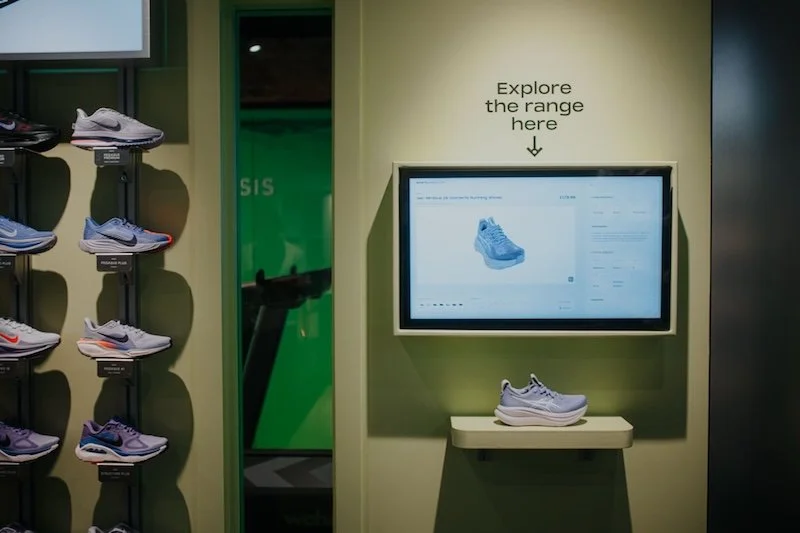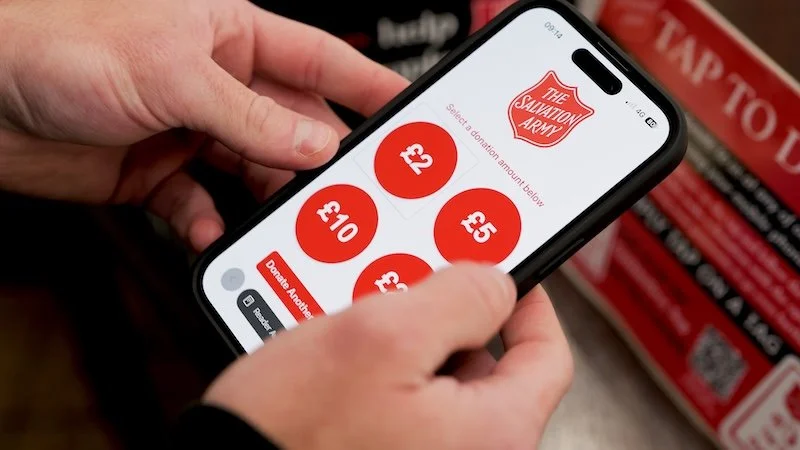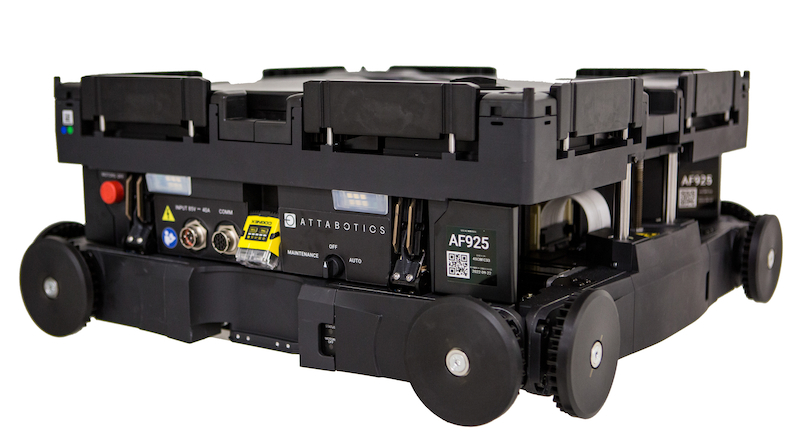Best ticketing system for software development and engineering
It's vital in the speedy software development world to effectively manage tasks and track progress. A software development ticketing system eases this mayhem, changing team collaboration, setting issue priorities, and serving customers.
This article delves into premier systems, exploring their effect on productivity, project handling, and client contentment—essential understandings for picking the right tool for your crew.
Leading software development ticketing systems
Some ticketing systems outshine due to remarkable features and competencies in ticketing system software creation. They are:
Suptask
Jira
Trello
GitLab
Each presents distinguishable features and advantages for varying team sizes and needs.
Suptask
Suptask gives a streamlined ticketing solution for coordination between teams, integrated with Slack. The software development ticketing system provides extensive user-friendliness and adaptability, perfect for software creation needing quick and effective task handling.
With its dashboard analytics and uses Slack for ticketing, Suptask elevates discussions through an organized ticketing method. This promotes efficient request handling and enriches communication within software creation teams. It can also be paired with tools like Jira, GitLab, and GitHub.
Suptask is a handy tool that offers task prioritization and project management features. It works by:
Making task prioritisation effortless
Gathering vital information in one place
Tracking and assigning tasks
Promoting teamwork across departments
Jira
Jira is a comprehensive tool. It's both a project manager and a ticketing helper. Its role? Helping software development teams. They can plan, track, and handle software products better.
Jira is like a one-stop shop. It's where teams report software bugs, automate some tasks, and share work with IT support. It's an excellent tool to track and report issues. No wonder many software teams love it!
Jira users have complete control over tasks. They can customize how to prioritize them. There's a built-in feature for this. It helps developers manage tasks better.
Trello
Trello is another great tool for software developers. It uses boards, lists, and tickets. These aids help to organise tasks and track progress. Thanks to its two-way communication, Trello is also great for customer request management.
Trello brings visual appeal to task organisation. It empowers users to:
Visually categorize and prioritize tasks
Assign tasks to team members
Set due dates and reminders
Add labels and tags to tasks
Attach files and documents to tasks
This facilitates efficient and effective project management, making Trello a popular choice among software development teams.
Furthermore, Trello improves collaboration within software development teams by:
Enhancing transparency
Streamlining communication
Enabling real-time collaboration
Promoting flexibility in teamwork
GitLab
GitLab is a comprehensive ticketing system that amalgamates issue tracking, source code management, and continuous integration/continuous deployment (CI/CD) capabilities. Its features encompass:
Issue tracking
Time tracking
Reporting
File locking
These features make it practical for managing large-scale software development projects.
GitLab’s source code management facilitates software development by:
Effectively managing the intricacies of development workflows
Minimising toolchain proliferation
Fostering collaboration among team members
Encompassing branch management
Merging contributions
Maintaining code consistency
Ensure that all team members are in sync with a comprehensive version of the history of the source code.
Moreover, the integration of GitLab’s CI/CD pipeline offers several benefits, including:
Smooth transition from code draft to live use
Better assured code performance
Faster release speeds
Money saved with automatic processes
Capacity to isolate issues
Software teams and the need for ticketing systems
For software teams, keeping tasks streamlined can be challenging. There are many tasks to handle, bugs to tackle, and features to create - things can mess up fast. This is where a ticketing system comes in. It helps teams by arranging and ranking tasks; nothing gets neglected.
Plus, it ensures everyone knows what's happening, which boosts teamwork and minimizes crossed wires.
Also, ticketing systems are great for dealing with customer queries. This is a big plus for support teams as they can follow, address, and solve customer related problems.
This means happier customers who stick around. Plus, it assists in managing customer data, offering vital knowledge to enhance products and services.
Streamlined Communication
Successful software development hinges on effective communication. This is where ticketing software such as Jira or Trello becomes invaluable. These platforms offer a centralised platform for collaboration where all team members can:
Stay updated about the progress of each ticket
Assign tasks to specific team members
Leave comments and notes for others to see
Attach relevant files and documents
Set due dates and reminders
By using ticketing software, teams can streamline communication and ensure everyone is on the same page throughout development.
Consider the common communication challenges in software development - data I/O issues, user interface problems, and system response time.
A service desk ticketing system mitigates these challenges, improving the overall user experience and streamlining QA team collaboration. It even bridges gaps with offshore development teams, ensuring smooth and efficient communication.
A support ticket system fosters support team cohesion by:
Standardizing support ticket creation
Assigning tasks and responsibilities
Facilitating real-time collaboration and communication among all team members
This way, everyone is on the same page, working towards the same goals.
Task Prioritisation and Assignment
In the realm of software development, successful prioritisation and assignment of tasks can be a make or break factor. Using a helpdesk ticketing system for this purpose yields numerous benefits, including:
Streamlining task planning and prioritization
Increasing productivity
Enhancing efficiency and output
Aligning tasks with project objectives
An effectively implemented IT ticketing system offers:
Automatic organisation and prioritisation of tasks
Ability to tag, categorise, and assign tickets, ensuring that no task is overlooked
Decrease in rework and resource wastage
More effective support teams
Better overall project outcomes.
Further, efficient task prioritisation and assignment can substantially enhance the quality of software development projects.
By tracking the progress of each task and managing incidents effectively, a ticketing system ensures that all tasks are completed within the stipulated timelines, leading to improved project management and team coordination.
Efficient Project Management
Project management within software development can be intricate, involving numerous monitoring tasks and deadlines to oversee. A ticketing system simplifies this process, providing a centralised platform for tracking progress and managing deadlines.
A ticketing system ensures timely completion by allocating deadlines to individual tickets and prioritising tasks. This facilitates effective project management, ensuring all functions align with the project objectives.
Additionally, a ticketing system offers the following benefits:
Project managers get a clear picture of each job in its progress, which simplifies problem spotting
Teamwork on tasks is encouraged with a shared space for team discussions and updates
Helps to learn from mistakes
Prioritises jobs
Follows customer problems from start to finish
Using a ticketing system can enhance teamwork and boost customer experience.

















Continue reading…